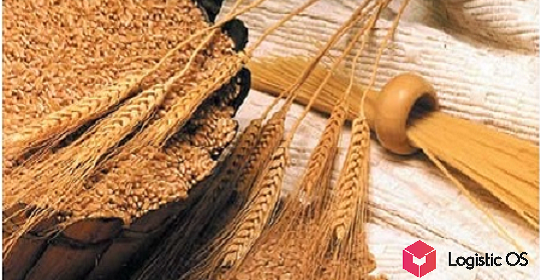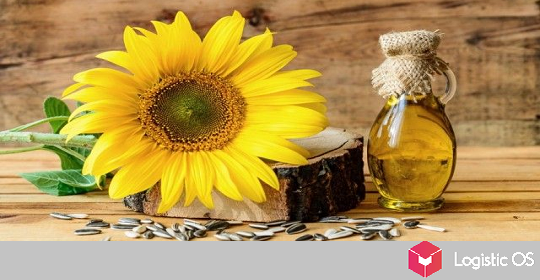Russia has already done a lot to achieve good results in the production of agricultural products, but now it’s time to tackle the following major tasks.
The Minister of Agriculture of the Russian Federation Dmitry Patrushev during the All-Russian Field Day-2023 noted that last year’s record harvest, which made it possible to export up to 60 million tons of grain, is not «luck», but the result of long hard work.
For example, the state has been stimulating the modernization of the technical park of Russian companies for many years.
In parallel, there is an expansion of sown areas, only in 2022-2023. it is planned to add another 800 thousand hectares to the land fund.
In addition, fertilizer application rates are increasing. If in 2018 it was about 40 kg per hectare, then this year it will be about 65 kg.
All these measures have led to the fact that over the past 5 years in Russia, grain production has increased by 16%, and oilseeds by 61%.
As a result, Russia not only ensured its food security, but also became the world’s largest grain exporter.
“Russian crop production has been systematically building up a margin of safety, which, among other things, has allowed us to get through the difficult year of 2022 without failures.
Last year, relying on this base, in a dialogue with the industry and regions, we found additional solutions to maintain a stable situation,” says Patrushev.
What are the immediate goals for the Russian agro-industrial complex?
Now is the time to think about import substitution of seeds and agricultural machinery, the minister is sure.
Chairman of the Russian Grain Union Eduard Zernin believes that this season the motto should be precisely the import substitution of seeds and plant protection products.
At the same time, very soon foreign breeders will not be able to supply “whatever” to Russia, they will have to comply with the law on localization, which comes into force on October 1, and without fail place their production in Russia.
This will help in the future to ensure the complete independence of Russia in terms of seeds and not worry that some foreign supplier decides to impose unilateral sanctions and thereby disrupt the sowing campaign.
As far as technology is concerned, the issue is more complex.
Before the imposition of sanctions, approximately 50% of all agricultural equipment came from abroad.
Now this issue is mainly solved through parallel imports, but the task is to switch to our own technology as soon as possible.
To this end, the Ministry of Agriculture and the Ministry of Industry and Trade are preparing a program that will allow farmers to buy Russian and Belarusian equipment 20% cheaper.

